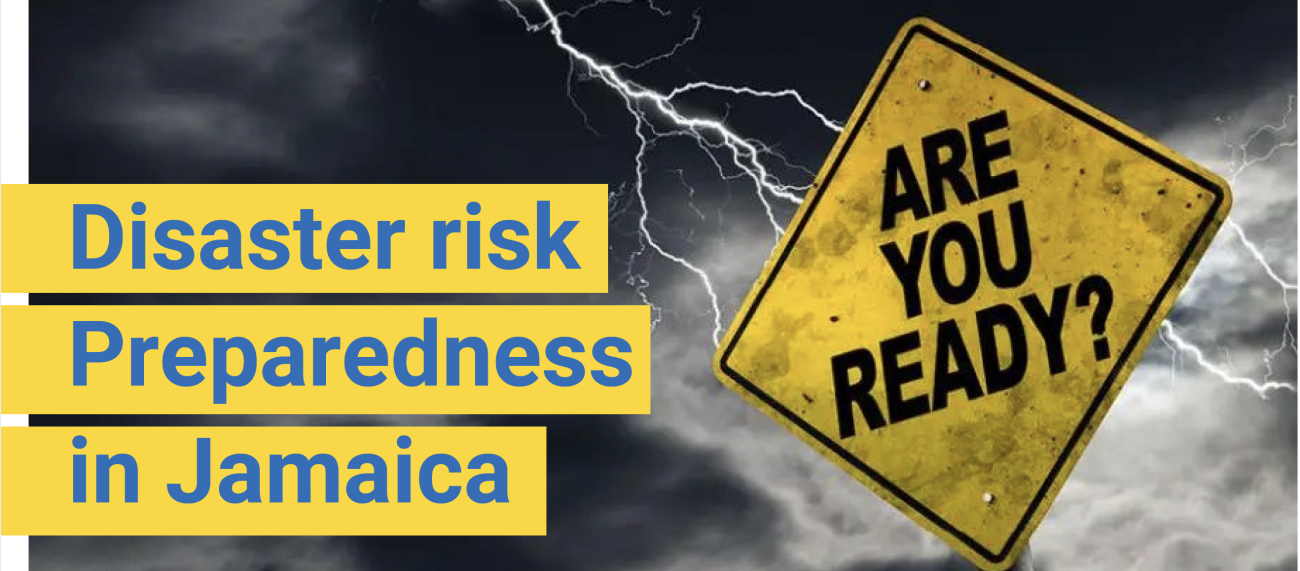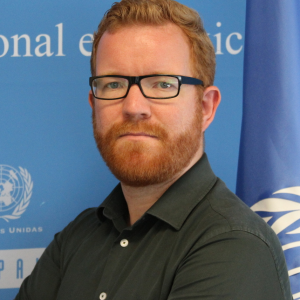This JEP Discussion is the final of a three-month series taking an in-depth look at the effects of climate change in Jamaica.
This month, responding to the publication of the contribution of Working Group II to the IPCC Sixth Assessment Report that assesses the impacts of climate change, the warnings in the recent IPCC, and the upcoming hurricane season, the panellists look at disaster preparations.
The panellists identified several critical hazards in Jamaica primarily impacted by climate change, with cyclones (hurricanes) naturally being at the top. However, they are also particularly concerned about people whose livelihoods depend on the coast and who may suffer from a confluence of impacts. With hurricanes, rising sea levels and threats to biodiversity, such coast-dependent lives are likely to suffer the strongest.
The respondents are optimistic about the government's new catastrophe bond launched last year, a first for a SIDS government. It provides Jamaica with up to USD 185 million in protection against losses caused by a named storm over three hurricane seasons. If anything, the JEP panellists would have liked to see an even larger catastrophe bond, mindful that the impact of a hurricane as powerful as Gilbert (1988) would cause estimated losses of up to USD 1.3 billion.
While mitigation continues to be the gold standard for climate change, there is no doubt that Small Island Developing States (SIDS) like Jamaica must also look at a myriad of adaptation efforts to reduce the impact of disasters. The respondents see opportunities for improving coastal defences, such as through the improvement of mangroves. Respondents recognize, however, that any investment in adaptation strategies will require substantial climate financing. While international development partners provide some opportunities for such climate financing, it is also crucial for the country to continue pursuing other avenues, including innovative private financing.
While Jamaica has not been directly impacted by any since 2012, the risk of hurricanes continues to be great. However, the prolonged absence of major hurricanes making landfall may have affected some of the preparations people pursue. While the panellists generally believe that much of the population is decently prepared, they are sceptical about the government and the private sector.
The full results of this month's discussion are available here.







